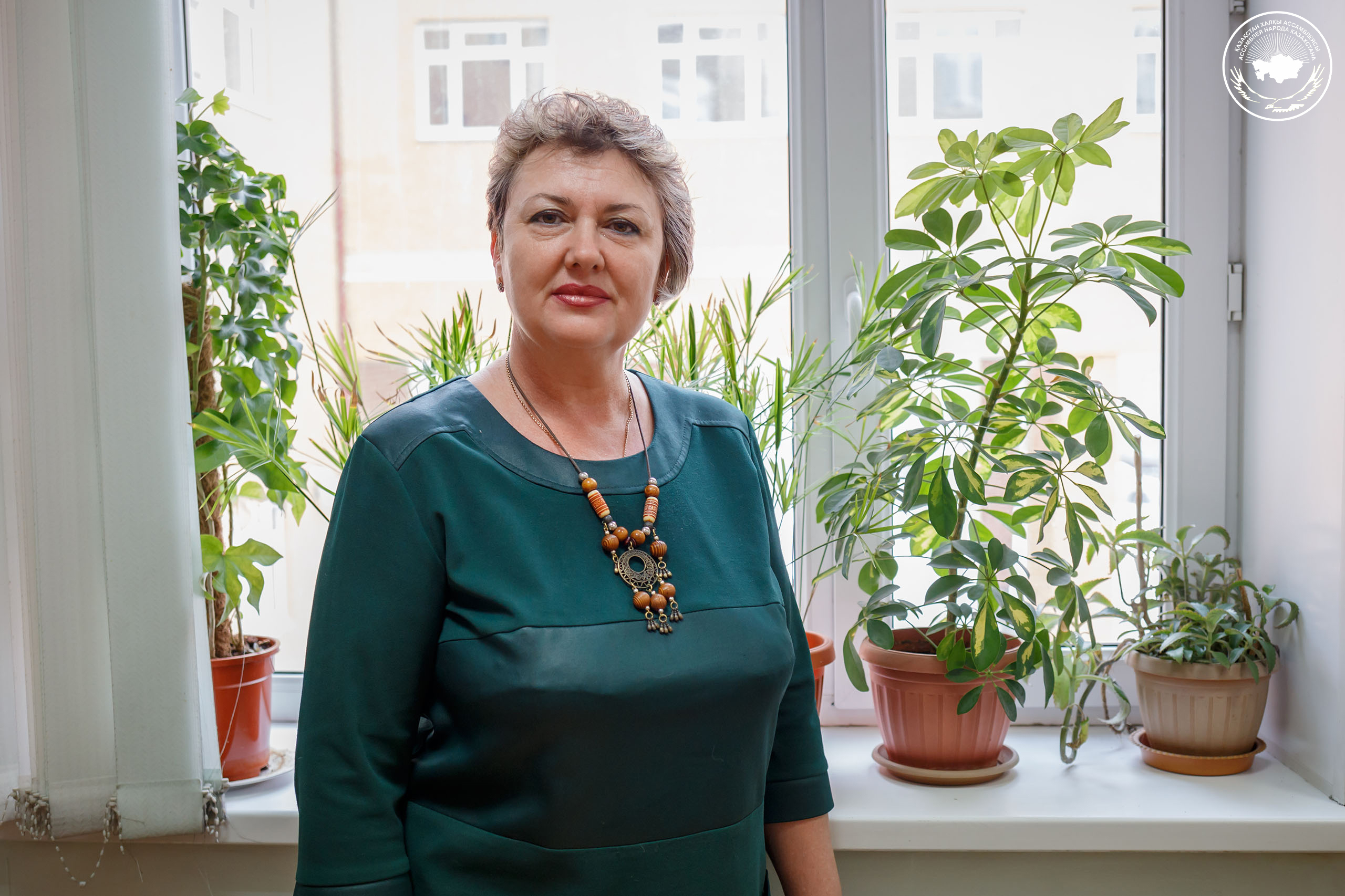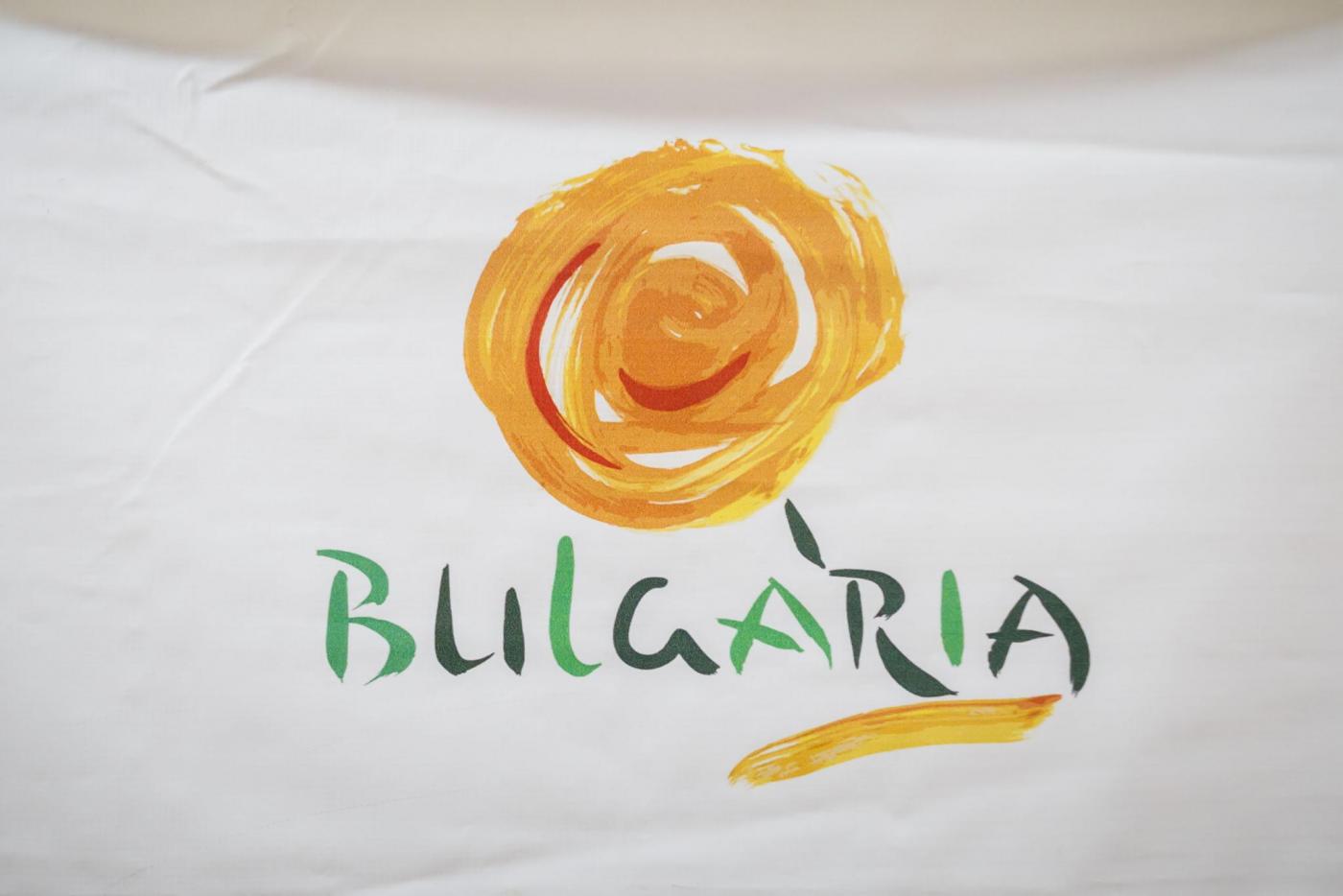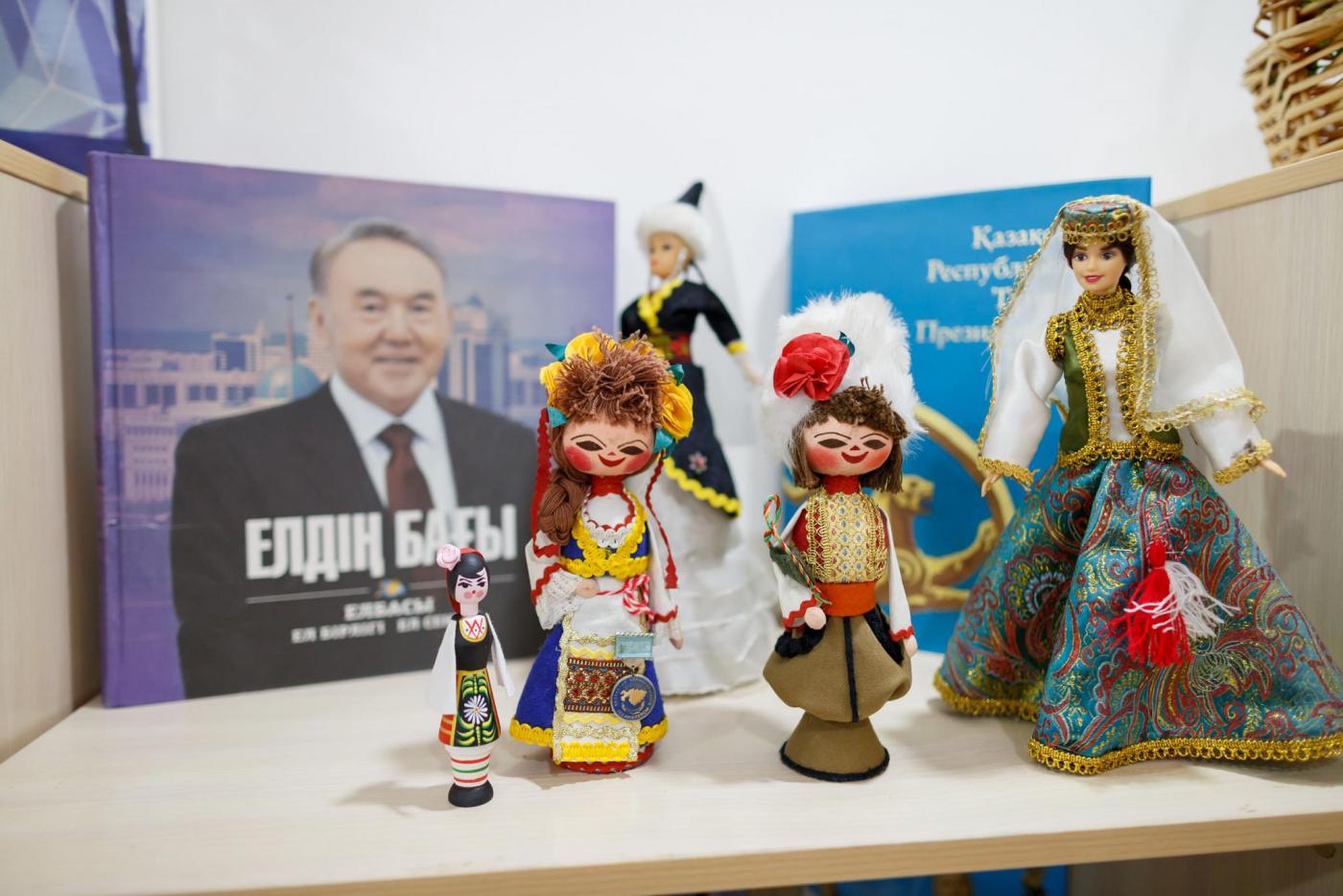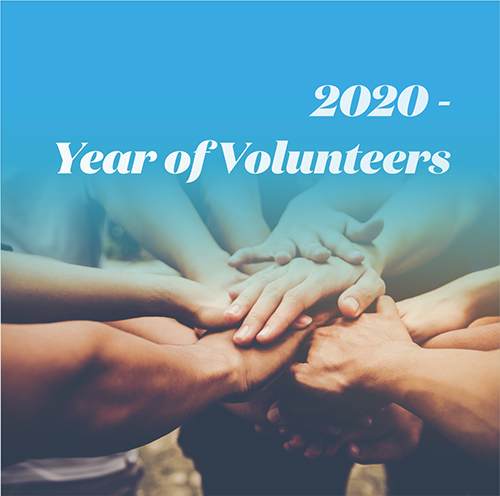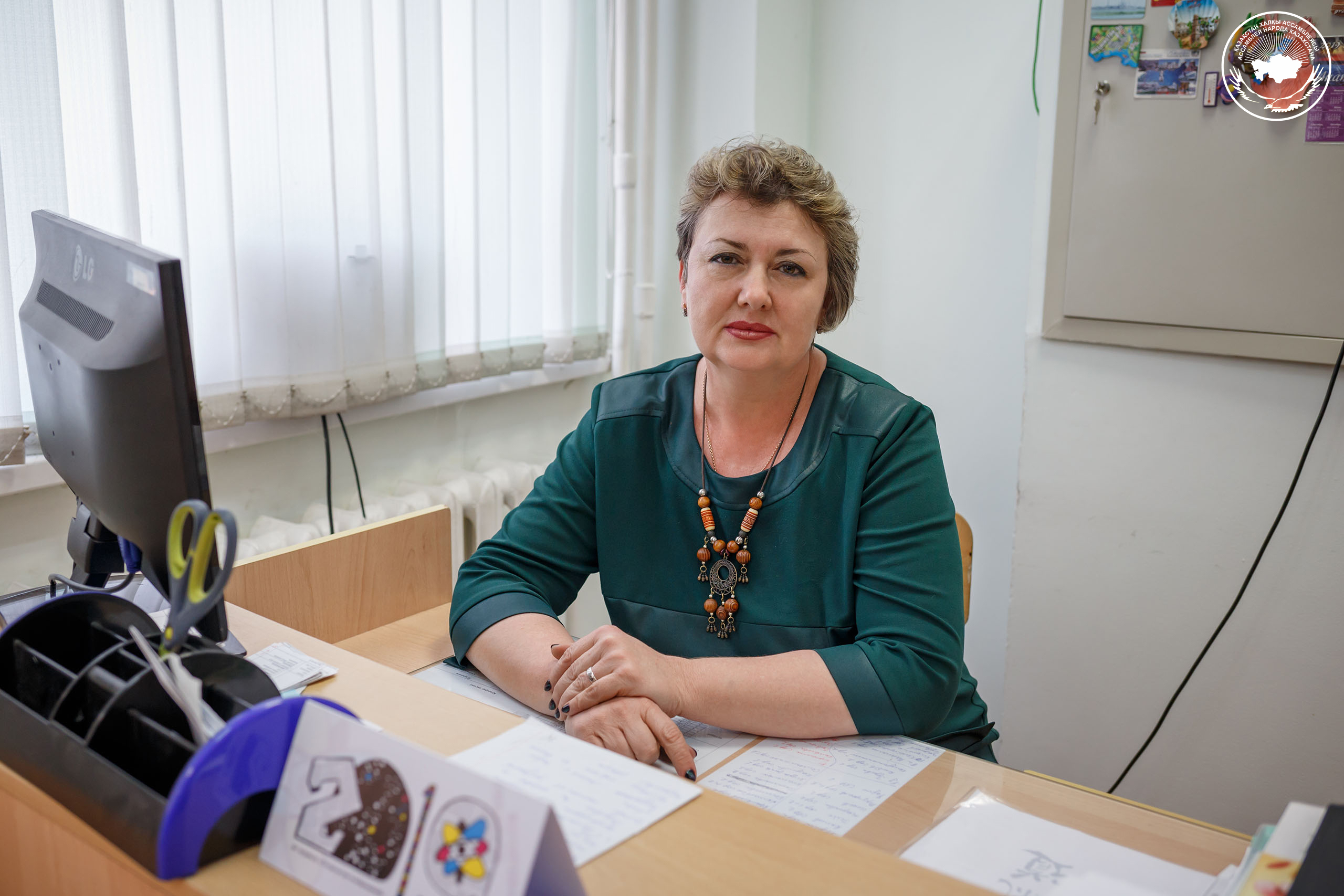
21 February, 2019

Olga Andrievskaya: My family is ‘the small Assembly’
Olga Andrievskaya, Chairman of the Bulgarian Cultural Center "Zlata" in Astana, represents the fourth generation of Bulgarians living in Kazakhstan. In an interview, Olga Olegovna shared how her ancestors arrived in Kazakhstan and what similarities are there between Kazakhs and Bulgarians.
—Tell us about yourself.
—I come from Pavlodar region. My father Oleg Dymov was Deputy Chairman of the Assembly of people of Kazakhstan. All my ancestors, my great-grandfather is a voluntary immigrant from Bessarabia. During the Stolypin reform all our relatives, two settlements collected all their belongings and went to Kazakhstan to search for free land. In 1861, they came to the coast of the Irtysh, Pavlodar region, on the right side of the Irtysh there were Cossacks, on the left side there were Kazakhs. Cossacks did not allow to break up settlements on the right side, so our ancestors moved to the left side. They did not settle near the coast, they settled 30 km from the Irtysh and founded two villages Andrianovka and Razumovka. They became friends with the locals, and all the settlers spoke Kazakh language fluently soon. They exchanged their traditions and customs. Kazakhs taught them how to raise cattle in their climatic conditions. Bulgarians, in turn, brought seeds, grew vegetables: sweet pepper and tomatoes. They began to cooperate, live in peace and accord. Since then, a branch of Bulgarians has been formed. I already represent the fourth generation of Bulgarians who live in Kazakhstan. This is our homeland, our land, which we love, appreciate and try to pay tribute of our ancestors when the locals welcomed them. We live for the good of our country with our work, our work and our knowledge.
I call my family a small assembly, because it's multinational. My father is Bulgarian, my mother is Ukrainian, my husband is Russian, but he has Ukrainian, Polish and Czech blood flow in his veins. My eldest son married Tatar, so our family is a small assembly. I have been living in Astana since 2000 and I have been working in gymnasium No.6 for 19 years, I teach biology. And my father tied me to the assembly because he was at the beginning of its foundation. As soon as our President established this unique structure, my father worked in the Secretariat of the Assembly, he devoted his entire life to the Assembly and passed away as Vice-President of this structure. Everyone in our family was aware of what was going on in the Assembly and what events were taking place. I know all the heads of ethno-cultural associations, and I took part in the Day of Writing of Slavic culture as well.
—Tell us about the traditions and customs of the Bulgarian people. What holidays are celebrated?
—In 2011, we established Zlata Bulgarian Centre. Initially, there were 20 founders, and that's how we started with such a small number of people. At first, it was difficult for us, because there are very few Bulgarians in Astana. According to the latest census in Astana, there were 100 Bulgarians, these are people who have Bulgarian roots. And there are very few true Bulgarians. For today we have about 40 Bulgarians in the center. According to the charter of our center, any person regardless of his nationality can become a member of our ethnocultural association. Therefore, you can meet people of different nationalities in our center, especially in our ensembles. We have two groups, one vocal and one choreographic. Vocal group "Tsvetanka", which exists on the basis of gymnasium No 6. Adult group "Zlata", our vocalists sing songs in Bulgarian language. Choreographic group "Izvor". Our problem is that it is very difficult to find a choreographer who knows Bulgarian folk dances. Every year we invite choreographers by contract, but all this happens spontaneously and enthusiastically. This year we are preparing dances for the festival, but unfortunately we will not perform the Bulgarian dance, as we have not found a choreographer. Since 2011, we have been trying to actively host all the events that take place in our city, republican importance, etc. We share our culture, songs and dances.
— Tell us about the traditions and customs of the Bulgarian people. What holidays are celebrated?
—Bulgaria celebrates the national holiday of Baba Marta on March 1, day of the beginning of spring. Earth and nature wake up, spring comes. On the eve of this holiday, Bulgarians clean up their homes. I always say that this holiday is very similar to Nauryz. They prepare various treats, people play games, sing songs, dance, arrange round dances. On this day, people give each other martenitsas - red and white brushes, a symbol of health, purity, well-being, which can be worn on the wrist. There are many legends associated with the holiday, one of the most popular is the founder of the Bulgarian state Khan Asparuh.
Asparuh has conquered many lands where modern Bulgaria is located. One day, being away from home, the khan decided to send a message to his sister about his health through the pigeon. Having received the news from her brother, the sister was happy and tied white threads to the pigeon's foot. On the way, the pigeon hurt its foot and one thread was red. After the pigeon brought news of his sister's well-being, the khan ordered the khan to found a feast on that day. Since then, the Bulgarians have been celebrating the wonderful Martenitsa holiday. And the martenitsas are a memory of the first Bulgarian khan Asparuh, and also symbolize the end of winter and the arrival of spring, life and health.
—Tell us about the national Bulgarian dishes?
— Bulgarian cuisine is very tasty and varied. We like to cook banitsa - it's a puffed pie, any filling is put between the layers – cottage cheese, meat, pumpkin. My family loves banitsa with pumpkin stuffing, it turns out to be very tasty.
—Is there international cooperation between the center and the Bulgarian Embassy in Kazakhstan?
—We work closely with the Bulgarian Embassy and our work is very productive. We often take part in their events, they also visit our holidays. We held festivals, Martenitsa, they were our guests. Last year we held a memorable Holocaust evening at our 6th gymnasium, it was attended by two ambassadors, the Ambassador of Bulgaria and the Ambassador of Israel.
The Embassy of Bulgaria often provides us with information about some contests that take place in Bulgaria, drawing and literary essay contests.
This summer, a woman from Bulgaria, Gulmira, who has been living in Bulgaria for 11 years, came here. She is Kazakh, married to Bulgarian. She has a great desire and interest that Kazakhstan and Bulgaria cooperate closely and exchange culture. We planned to hold an event this year. Bulgarians in Kazakhstan are distributed here as follows: there are a lot of Bulgarians in Pavlodar region, in Aktobe region. There are a lot of Bulgarians in Karaganda, but there is no center, in Almaty region and in Atyrau. In Karaganda and Atyrau, there are Bulgarians who have been repressed.
—Do you speak your native language?
—I would like to know Bulgarian language. When you get into the language environment, 3-4 days are enough to understand and speak. My father spoke Bulgarian, but unfortunately he didn't teach me. They all spoke Bulgarian in the family.
There is a Sunday school in Pavlodar, where volunteers come and teach Bulgarian. In Aktobe there is a village Bolgarka, there is a Bulgarian school and there is also a volunteer who also taught the language.
Gulmira, who comes to us from Bulgaria, is the bridge between the two countries, she is now involved in organizing Sunday courses. We have applied to the embassy, but unfortunately, we have a small number of children and this is also a problem.
—Have you been to Bulgaria? What are your impressions?
—I have been to Bulgaria 4 times. We gathered children from all over the country with Bulgarian roots, and the Bulgarian party organized a summer camp in order for the children to expose into this environment, learn traditions, history and culture. All this was free of charge, except the flight, which is the most expensive. My father found a sponsor who paid for everything. So I took 30 children to Bulgaria, to the town Obzor, a small resort town on the Black Sea coast, between the cities of Varna and Burgas. Every evening there was music performed on folk instruments, we tasted dishes of the original Bulgarian cuisine, cooked by a man who knows how it is cooked, not how we cook according to recipes from the Internet. We had a certain atmosphere and mood for creativity for a year. Children drew drawings, wrote essays about their impressions. There was such a spiritual base to work. There was only one project, and now Gulmira is working on it to organize such a camp, at least for 10 children this year, so that they could visit Bulgaria and see their native land. There is a magnificent nature, especially historical monuments, in Nesebar, these cobbled roads, Roman baths. This is very impressive. I visited Varna, Burgas, Obzor, Nesebar.
—What kind of work is planned in the direction of Year of Youth?
—Unfortunately, we do not have a youth wing. However, we are honored and pleased that our city headquarters is headed by Natalia Karageur, a member of our association. Day of Ethnicity was held in Astana last year, which was organized by the youth wing, we actively participated in all events.
—What unites the multinational people of Kazakhstan?
—This is, first of all, respect. Respect came initially from the indigenous population. Kazakhs have always been friendly, respectful, and we can learn from them how they bring up young people. Kazakhs always treat their elders with respect, give places transport. Kazakhs have these educational moments, and they are passed down from generation to generation. We accept this. Respect for each other when you smile with an open smile and respect, you also treat a person with respect in turn. The second reason we are united is because of our peaceful sky. It is the merit of our President that we are representatives of 130 nationalities living peacefully in the same country, visiting each other, eating our different dishes, singing songs in our languages, Kazakh, Russian, German, Ukrainian, Bulgarian, Chechen can sit at one table, sing one song and everyone will know the words and smile at each other. These are not high moral words, this is everything I see and have seen. It was also in my childhood, all the children ran, played together, and did not share on nationality. I went to school and nobody asked your nationality. This is still happening now. I work at school, we have 1300 people studying here. Nobody divides us into nationalities; on the contrary, we unite into one whole. This is the unity, respect, peace that attracts all the people who live in our beautiful state.
—On March 1, Kazakhstan celebrates Gratitude Day. Who would you like to thank?
—On this beautiful day we can and should thank everyone who lives on this wise land. History has developed in such way that someone suffered, someone lost, someone experienced famine, and someone lost loved ones during the deportation, repression. And when there were people next to you at such moments, who gave you a helping hand, it caused only a feeling and words of gratitude. Now we live in the open and peaceful sky, and I would like to say words of gratitude to our President, to the people of Kazakhstan, that we try to keep the peace, do everything so that there is no war, so that no one would grieve and shed tears. Therefore, we should be grateful for everything. An elementary word of thanks will never be superfluous. Whether little child will say it for a tasty candy, or aksakal when someone will pay tribute to him for his wisdom and age. This should be remembered.
Dana TUGAMBEKOVA
Use of materials for publication, commercial use, or distribution requires written or oral permission from the Board of Editors or the author. Hyperlink to Assembly of People of Kazakstan portal is necessary. All rights reserved by the Law RK “On author’s rights and related rights”. To request authorization email to ank_portal@assembly.kz.
Похожие новости
-
The TPO to Host International Tourism Exhibition
-
Zhaslan Khamitov: ‘Being the Part of ITEC Programme is Exciting Experience’
-
Rajasthan Tourism Minister: PATA is a close way to get acquainted with Kazakhstanis
-
Maria Tatarenko: Assembly is a powerful conductor between the state and society
-
Natalia Romanova: The art of living in peace and accord is our most valuable experience
-
What is a Journalist: Interview with DAZ Social Media Editor Anastassiya Koroleva
Похожие новости
-
The TPO to Host International Tourism Exhibition
-
Zhaslan Khamitov: ‘Being the Part of ITEC Programme is Exciting Experience’
-
Rajasthan Tourism Minister: PATA is a close way to get acquainted with Kazakhstanis
-
Maria Tatarenko: Assembly is a powerful conductor between the state and society
-
Natalia Romanova: The art of living in peace and accord is our most valuable experience
-
What is a Journalist: Interview with DAZ Social Media Editor Anastassiya Koroleva






